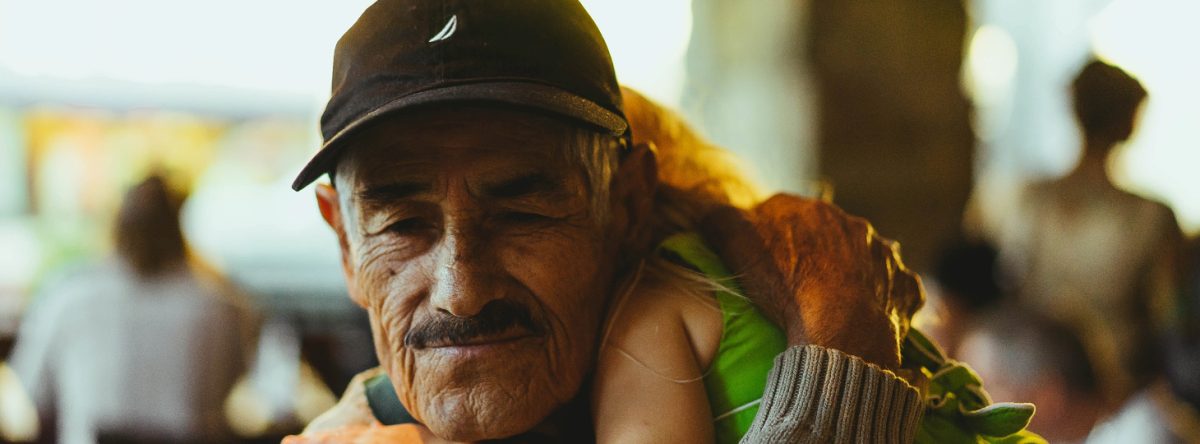5 Lessons from Science about Human Connection
#1 Survival of the Kindest
Among early humans, it was those who could work together and form collaborative relationships who survived the hazards of predators, climate and rival tribes. Evolution favoured cooperation and empathy.
We’ve come to understand that when Darwin spoke of ‘survival of the fittest’ he meant the individual who was strongest prevailed. Here’s what he actually said:
“A tribe including many members who, from possessing in a high degree the spirit of patriotism, fidelity, obedience, courage, and sympathy, were always ready to aid one another, and to sacrifice themselves for the common good, would be victorious over most other tribes; and this would be natural selection”.
It is not selfish individuals but mutually supportive groups who have survived and thrived.
The ‘selfish gene’ simply doesn’t stand up to the facts of biology. In the 1980s, scientists discovered we and other species have mirror neurons, which fire whether a person makes an action themselves or sees someone else doing so. It is our empathy circuit: our brains react in the same way to other people’s experiences as it does to our own.
This ability to ‘read minds’ makes us fundamentally compassionate. Research has repeatedly revealed that our instinct is to choose another’s wellbeing over our own interests.
#2 The Importance of Connection
Loneliness is the number one reason people seek therapy today, says Stanford Professor Emma Seppala. It is also terrible for our bodies:
“loneliness is a greater detriment to health than obesity, smoking and high blood pressure“.
You may or may not feel that loneliness applies to you, but just how well are you connecting?
For the sake of our psychological and physical wellbeing, we must connect and feel we belong. People who feel they have good, close relationships not only have better psychological health but also higher immunity, faster recovery from disease, and greater longevity.
Having problems in our relationships triggers our body’s stress response. Remember, social conflict was a genuine threat to life and limb out on the prehistoric savanna where we relied on the group for survival. The consequence is that those with poor connections experience more anxiety and depression and have worse physical health.
#3 Positivity Resonance
While good relationships are our life blood, we also benefit hugely from even momentary connections.
Researchers have found that any time we feel a mutual bond with someone, no matter how fleeting, our neurons fire in synchrony and our brains release the same neurotransmitters so that we both experience a burst of positive emotion.
This positive emotion is none other than love???? (The science name is ‘positivity resonance’.)
Biosynchronous moments of shared love improve mood and wellbeing, lower stress and improve physical health. They also deepen the bond and commitment between people – they are the ‘secret sauce’ in fledgling and established relationships.
These micro-moments of connection happen all the time, like when you give way to another driver and they catch your eye and smile, or the times you share a laugh with a co-worker, or when a friend gives an encouraging look in the middle of a hard day.
As with all positive emotions, the key to feeling the benefit of micro-connections is to practise paying attention to them and seeking out more opportunities to experience them in daily life.
Once you start looking, you can feel connected anytime, anywhere to anyone.
#4 Altruism
It’s not just about how much we get from relationships. It’s a lot to do with what we give.
Professor Stephen G. Post’s research has shown that altruism has a positive effect on the giver’s health and happiness. When we can help someone, we feel useful and valued, generating feel-good chemicals that have a positive effect on our bodies and minds.
“When I feel myself starting to slide down, I don’t do something for myself. I try to do something for someone else,” says Johann Hari in his powerful book examining depression, Lost Connections.
Darwin showed that natural selection favours not the strongest individual but the most cooperative group with ‘hive emotions’ – shared empathy, love, gratitude, admiration and forgiveness – which bolster connectedness.
When we experience these emotions towards others, we, too, benefit.
#5 Share the Good Times
Research tells us that how we respond to other people’s good news predicts the health of our relationships with them.
When your partner or friend tells you some good news, do you fully pay attention, asking the person all about the experience and showing you’re glad for them? You’ll have a deeper and closer relationship if you do.
When we don’t show enough interest, or when we focus on problems or worries about the news, or when we change the subject and turn away, we damage our bonds.
We need to celebrate together. We need to actively and constructively support the people in our lives for our relationships to thrive.
References
#1 Goleman, D. (2006) Social Intelligence: The new science of human relationships, London, Arrow Books.
Keltner, D (2009) Born to be Good: The science of a meaningful life, New York, Norton & Company.
Lieberman, M. D. (2013) Social: Why our brains are wired to connect, New York, Crown Publishers.
#2 Seppala, E., Rossomando. T., Doty, J. R. (2013). Social Connection and Compassion: Important Predictors of Health and Well-Being. Social Research Quarterly, Vol. 80, no. 2.
#3 Fredrickson, B. (2013) Love 2.0: Finding Happiness and Health in Moments of Connection, New York, Plume Books.
#4 Post, S. G. (2005) Altruism, Happiness & Health: It’s Good to be Good. International Journal of Behavioral Medicine, Vol. 12, No. 2, 66–77.
#5 Seligman, P. (2011) Flourish: A Visionary New Understanding of Happiness and Wellbeing, New York, Free Press.
Photo by OC Gonzalez on Unsplash
